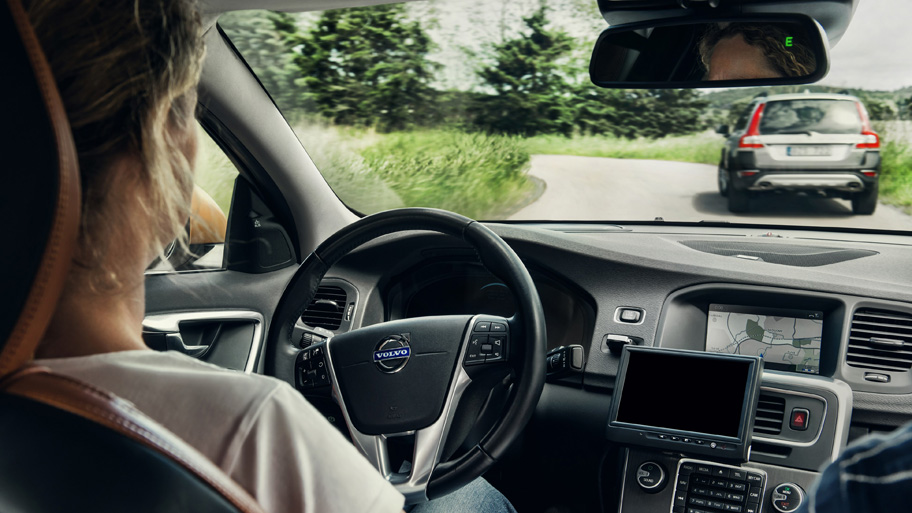Wait - potholes might actually be good for your car

Potholes are the enemy of any driver, but they could soon become a friend - engineers have found a way to harvest energy from bumps in the road.
Only between 10% and 16% of the fuel consumed by a car is used for driving, most is wasted through heat, vibrations and other means.
However Lei Zuo, an associate professor of mechanical engineering at Virginia Tech's College of Engineering, has come up with a solution that turns a car's shock absorbers into an energy provider, reducing some of the waste.
Using Zuo's specially-designed shock absorber, the vibrations turn a generator that delivers electricity straight to the car's battery, meaning the alternator needs to do less work.
Using a unique gear combination, the system can harvest vibrational energy from both vertical and horizontal motions, making sure it makes the most of every bump.
What do we want? More potholes!
Zuo says that the absorbers could provide between 100 and 400 watts of energy on a normal road, and more on one that's particularly hairy.
The current model of the absorber being tested can harvest about 60% of the available energy, but Zuo believes 85% could be achieved with some improvements.
Sign up for breaking news, reviews, opinion, top tech deals, and more.
The aim is to make these shock absorbers commercially available, and the good news is that they can be fitted into a car without demanding any modifications to the vehicle.
For now, however, they're only cost effective for people who drive more than an hour a day, so until that cost is reduced, the focus will be on people who spend a bit longer on the road than most.

Hugh Langley is the ex-News Editor of TechRadar. He had written for many magazines and websites including Business Insider, The Telegraph, IGN, Gizmodo, Entrepreneur Magazine, WIRED (UK), TrustedReviews, Business Insider Australia, Business Insider India, Business Insider Singapore, Wareable, The Ambient and more.
Hugh is now a correspondent at Business Insider covering Google and Alphabet, and has the unfortunate distinction of accidentally linking the TechRadar homepage to a rival publication.